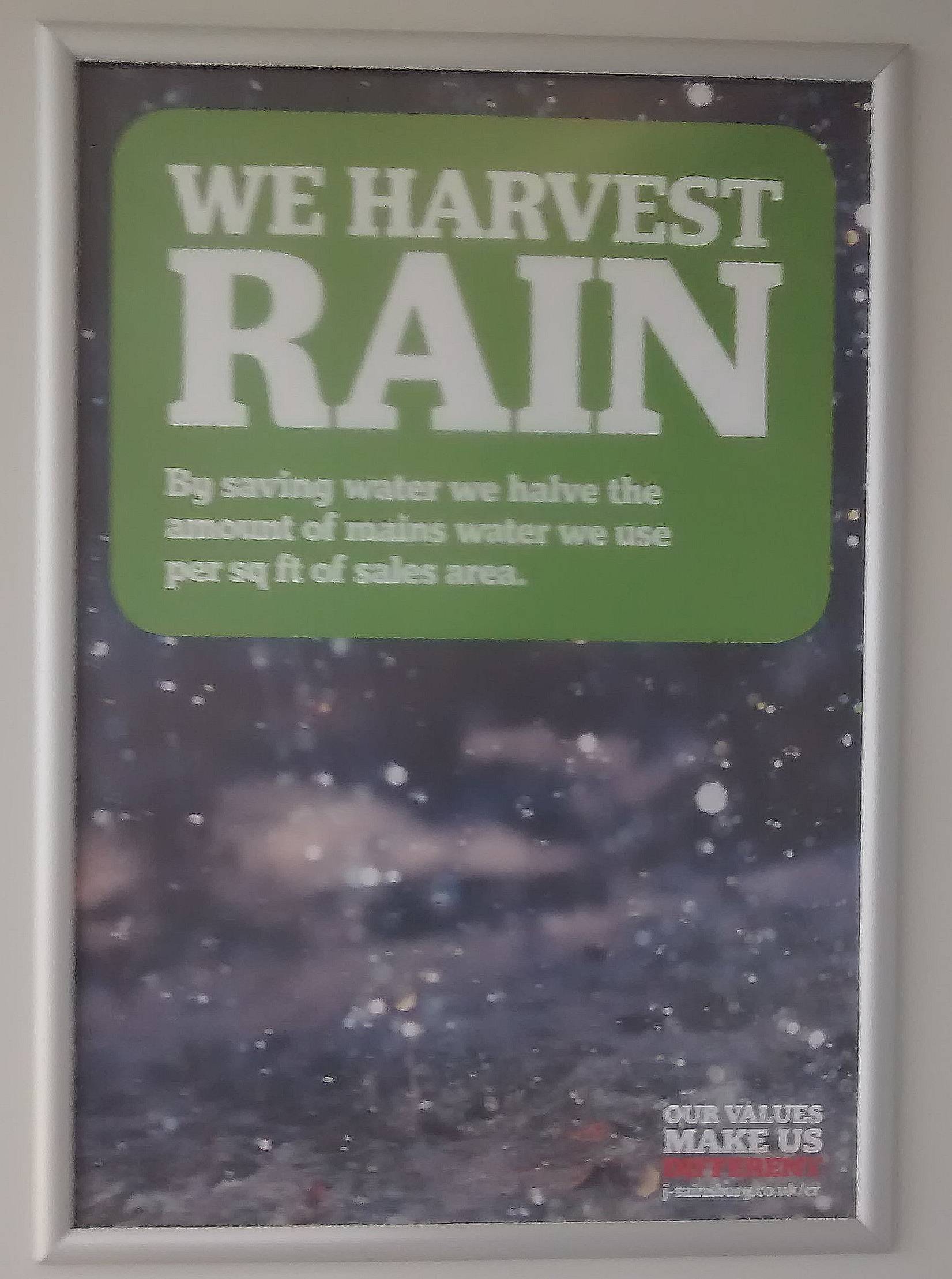Irish Citizenship based on ancestry - the easy way!
My grandmother was Irish and, as the Irish government allow individuals to apply for citizenship based upon ancestry back to their grandparents, I thought it would be good to go ahead and do it. So two years ago I started putting the paperwork together, this being well before Brexit, and certainly before anyone thought Brexit could actually happen!! If you Google Irish Citizenship you will probably end up at the Irish Naturalisation and Immigration Service which details the various ways to apply, including by descent. You can apply through them (as I did), but the process is long, slow and relatively expensive. SO DON’T DO IT!
The easiest (and cheapest) way to apply is through a Foreign Birth Registration (FBR) via the Passport Office which will then allow you to apply for a passport (and passcard). The workflow (and online application) are here.
HOWEVER, you will need ALL original paper evidence for the citizenship, which means the relevant grandparent’s birth/marriage/death certificate, relevant parent’s birth/marriage/death certificate and your birth certificate. If it’s the maternal line then EVERY change of name requires documentation (which means marriage) - I’m not sure why they required death, but they did.
and if you don’t know the register reference you should be able to find it at FreeBMD.
The grandparent’s Irish birth certificate can be searched for at FamilySearch and ordered from the Irish Government.
Divorce certificates (in the UK, and if relevant) can be more problematic/expensive as they are recorded in the county court where the divorce was recorded (and you need to know it). You need the reference number otherwise there is a search fee.
The process was rapid, efficient and painless (as long as you have the certificates)… well well worthwhile!
Best discount code ever??
This might just rank as the best discount code Ive ever received, courtesy of Pixellu with their new SmartSlides beta… Judge for yourself!

Maths - the magic number (or magic bullet?)
A really interesting news story from October (I know - it’s sat in my bookmarks staring at me!) on the BBC titled Maths becomes biology’s magic number… it’s a good point that Tom Feilden makes about the nature of inter-disciplinarity and how different subject areas draw upon one another and interbreed to use existing methods/solutions to new problems.
As the introduction to this, he quotes Sir Rory Collins (Oxford University) as saying: “If you want a career in medicine these days you’re better off studying mathematics or computing than biology.” But actually, you could replace “medicine” and “biology” with a range of other subject areas, including geography. Maths (and related areas in computer science) is the language of nature, of science (something Galileo commented on). Maths provides a descriptive and analytical framework for understanding, analysing and communicating scientific ideas and a lack of mathematical ability is something that continues to vex educators around the world (see the ASE for a guide).
So it’s a timely reminder where our current capabilities lie and how we need to build communities that can identify and explore the pressing research requirements that society will have in the future.
Keep it simple…
My big lesson was the importance of a simple message, and saying it the same way over and over. If you’re going to change it, change it in a big way, and make sure everyone knows it’s a change. Otherwise keep it static.
…and that goes for any type of communication. Keep the core message simple to understand because whilst the implications may be profound, your target audience needs to be able to take it in and interpret it unequivocally.
Lies, damned lies and Sainsbury double-speak
So a nice piece of environmental marketing below from Sainsburys, but it does frustrate me as a scientist when you see qualifying statements that introduce uncertainty. OK, so, the original statement:
We Harvest Rain
That’s a good statement - up front, some environmental credentials. A positive message
By saving water…
Saving? I assume they mean harvesting, but at least they are trying to use a different word. Collecting maybe??
…we halve the amount of mains water we use…
two qualifications here. Half the mains water. OK, so we dont know if they used anything other than mains water and of course we don’t know the base. What are they comparing this to? Last year? Ten years ago? And just for this store? All Sainsbury stores? All Sainsbury owned/operated buildings, including warehouses and offices?
… per sq ft…
COME ON PEOPLE!! Sainsburys, you moved to grams and litres, as much as some of your customers didn’t like it. WE ARE METRIC!!
…of sales area
Ermmm…. another qualification. I’m guessing, if this is across ALL Sainsbury facilities, then warehouses will make up the vast amount of the floor area. Taking into account what the base is actually measuring against, how does this change from half.
Sorry Sainsbury, BIG fail on the marketing front. Be honest - because every little helps.
